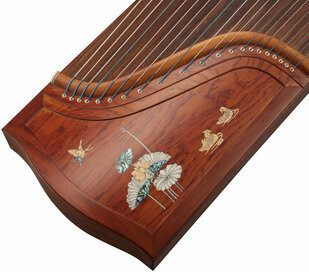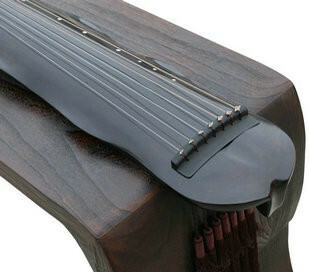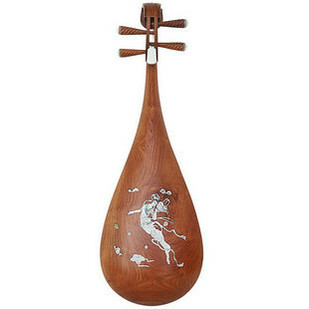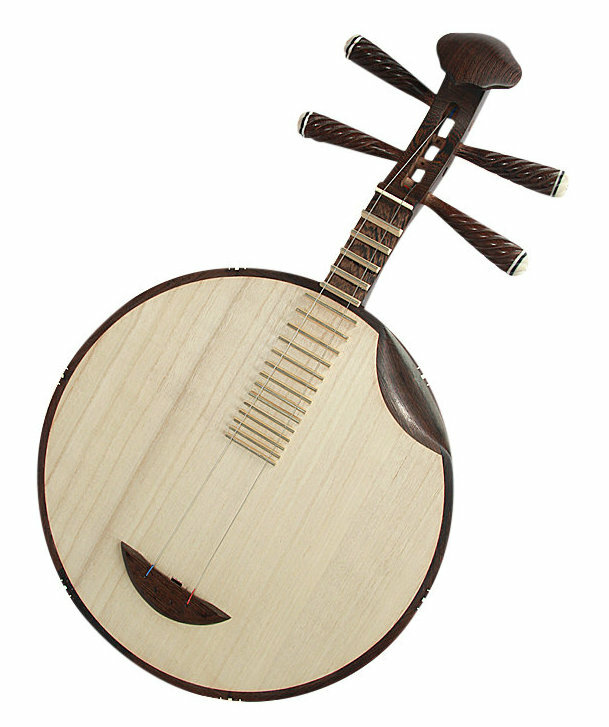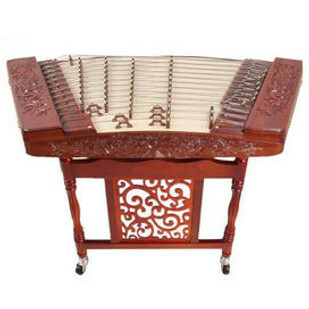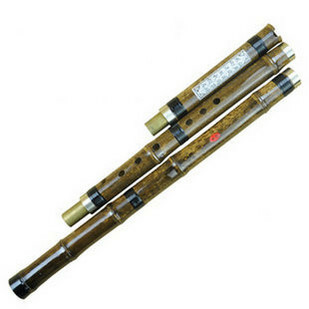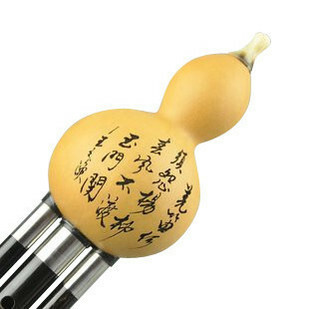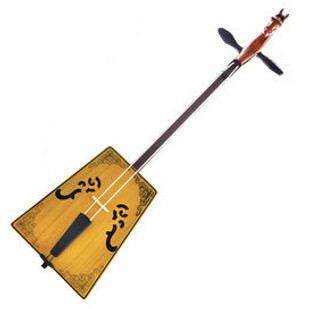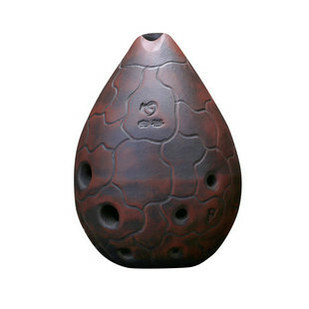24th Feb 2025
Guzheng music - "Autumn Moon in the Han Palace" closely related to Zhaojun
It is a sunny day, the bamboo garden outside the window is full of orioles, the spring breeze is blowing in the house, I brew a pot of new tea and sip it, intoxicated by the strings of the guzheng.
The guzheng music "Autumn Moon in the Han Palace" does not have the resentment of the erhu, it is like flowing clouds and water, gurgling and trickling, like the ups and downs of mountains, continuous, making people calm as water, and sweeping away the hustle and bustle of the city. If you enjoy it like this in your old age, you will definitely feel comfortable and enjoy it.
"Autumn Moon in the Han Palace" is likely to have a certain relationship with "Autumn in the Han Palace". "Autumn in the Han Palace" is a zaju in the late Yuan Dynasty, written by Ma Zhiyuan. "Autumn in the Han Palace" tells the story of Wang Zhaojun's marriage to the frontier. In history, Zhaojun was more miserable than in the play. She was not favored in the Han Palace, and for peace, she voluntarily married. Before the marriage, she did not know Huhanye Chanyu, and Chanyu died three years later. According to Xiongnu folk customs, Zhaojun was to marry the eldest son of Huhanye again. Zhaojun was unwilling and asked the Han emperor to go back. The Han court refused, so Zhaojun had to remarry. Later, the second Chanyu also died. Less than two years after the third Chanyu took the throne, Zhaojun died of illness. She never returned to the Han Dynasty or her hometown in her life, leaving only the green tomb facing the sunset.
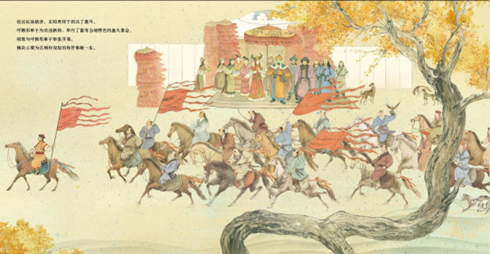
Once I left, I knew I would never return. I was so pitiful that I wore all the clothes of the Han Palace. I sent a message to ask about the affairs of the southern frontier, but only wild geese flew every year.
The tone at the beginning of the song goes from high to low, like a helpless sigh of a woman in resentment, which highlights a scene of a lonely wandering in the cold palace, the setting sun, and the shadow of Changmen. Then, the main part of the song is played, as if the woman suddenly thought of something while wandering in melancholy, and suddenly held her breath and thought, and the sorrow filled her heart, and she couldn't help crying, which made people sigh at the sadness of her life and the loneliness of life. The short pause triggers the listener's thinking about his life, shocks the soul, and evokes sympathy for his tragic life and hatred for the feudal power that suppresses people's fate. Then the secondary part shows a lonely and cold artistic conception of life. When listening carefully, you can clearly feel the quiet sorrow and resentment of the palace maid when she is heartbroken and pours out all her hardships, facing the beautiful face in the mirror, a little red lips, and thousands of black hair, but no one appreciates her.
At the end of the song, the tone of the secondary part after the change is gradually lower, and the melody is slower, showing a situation of sunset, towering palace gates, calm wind and silence. The last bass sigh implies that when the autumn moon is cold, the parasol trees are rustling, and the cold stars are few, the palace maid said, complained, and cried. Thinking about it carefully, she was powerless, so she turned to the bamboo pavilion and went into the boudoir to continue to endure this kind of life experience.
The sound of the guzheng, listening to this guzheng music, although there is no text to tell, it uses moving notes to lead the audience to a world in a historical story. It is as if you are placed in the frontier grassland, feeling the lonely smoke in the desert, sad and desolate.
The sound of the strings is like jade drops, and the gentle and sad feelings are long lasting.

